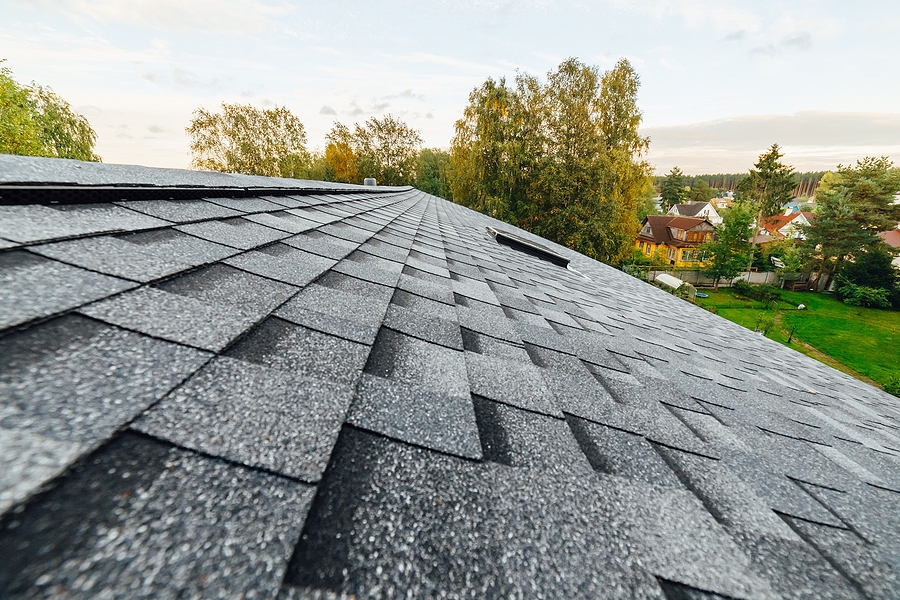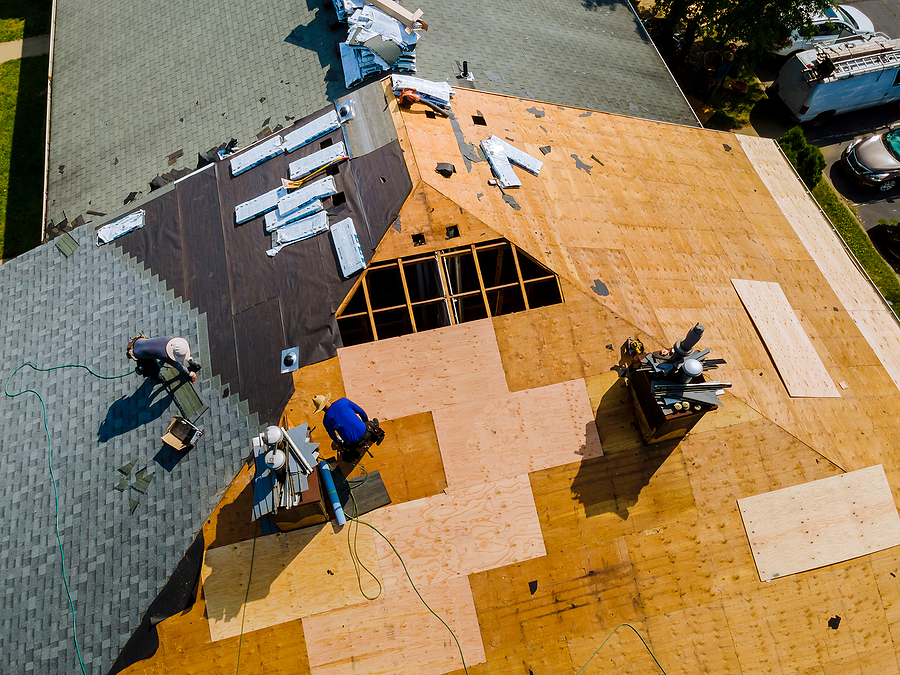Replacing your roof is a significant investment that impacts the safety, appearance, and value of your home. Whether you’re dealing with an aging roof or storm damage, understanding the key considerations can help you make the best decisions. This guide will walk you through the top 7 things to consider when replacing a roof, ensuring you’re well-prepared for your roofing project.
1. Choosing the Right Roofing Material

The type of roofing material you choose will affect your home’s durability, curb appeal, and long-term maintenance. Common options include asphalt shingles, metal roofing, and synthetic roofing. Each material has its pros and cons:
- Asphalt Shingles: These are the most popular due to their affordability and versatility. Asphalt shingles typically last 20-25 years, making them a reliable choice.
- Metal Roofing: Known for its durability and energy efficiency, metal roofing can last 50 years or more. It’s an excellent option for homeowners looking for long-term solutions.
- Synthetic Roofing: This material mimics the appearance of natural materials like slate or wood but offers enhanced durability and lower maintenance.
Consider your budget, climate, and desired aesthetic when selecting a roofing material.
2. Roof Replacement Costs
Understanding the costs involved in a roof replacement is crucial for planning your budget. The price can vary depending on the material you choose, the size of your roof, and the complexity of the project.
- Asphalt roofing is generally more affordable, but you can expect to pay more for premium options like architectural shingles.
- Metal roofing may have a higher upfront cost, but its longevity can make it a cost-effective choice over time.
Factor in potential additional expenses, such as building permits, disposal fees, and labor costs. Keep in mind that investing in quality materials and experienced roofing contractors can save you money in the long run.
3. Hiring the Right Roofing Contractor
Selecting the right roofing contractor is one of the most critical decisions you’ll make during your roof replacement process. A reputable contractor will ensure the job is done correctly and in compliance with local building codes.
- Experience: Look for contractors with a proven track record, ideally with 25 years or more in the industry.
- Certifications: Ensure they are licensed and insured, and check for any industry certifications.
- References: Ask for references and read online reviews to gauge their reputation.
Remember, the cheapest option isn’t always the best. Quality workmanship and reliable service are worth the investment.
4. Understanding the Roof Replacement Process
The roof replacement process can be disruptive, so it’s important to know what to expect. Typically, the process includes:
- Inspection: A thorough assessment of your current roof’s condition.
- Removal: Stripping away old roofing materials.
- Repairs: Fixing any underlying issues, such as damaged decking or insulation.
- Installation: Applying the new roofing materials, ensuring proper ventilation and waterproofing.
Discuss the timeline with your contractor to minimize disruptions and ensure the project stays on track.
5. Impact on Curb Appeal
Your roof significantly impacts your home’s curb appeal, which is important if you’re planning to sell in the future. The color, texture, and style of your roofing material should complement your home’s architectural style.
- Asphalt shingle roofs offer a variety of styles and colors, making them a versatile choice.
- Metal roofing can provide a modern, sleek look, while synthetic roofing can emulate the charm of traditional materials.
Consider how your choice will enhance your home’s overall appearance and potentially increase its value.
6. Longevity and Warranty

Different roofing materials offer varying lifespans and warranties. When choosing a roofing material, consider how long you plan to stay in your home.
- Asphalt shingles generally last around 20-25 years, while metal roofing can last up to 50 years or more.
- Look for warranties that cover both materials and workmanship, giving you peace of mind for the long term.
A strong warranty can be a sign of a manufacturer’s confidence in their product and provide valuable protection against defects.
7. Compliance with Local Building Codes
Your roof replacement must comply with local building codes, which dictate specific requirements for materials, installation, and safety. Hiring a knowledgeable roofing contractor ensures your project adheres to these regulations, avoiding potential fines or delays.
Ask your contractor how they plan to meet these codes and whether any special permits are required for your roofing project.
Replacing your roof is a significant investment that requires careful consideration of materials, costs, contractors, and more. By keeping these seven factors in mind, you can make informed decisions that ensure your new roof enhances your home’s durability, appearance, and value for many years to come.
For professional guidance and quality roofing services, trust Vision Exteriors. Our experienced team is here to help you navigate every step of the roof replacement process, ensuring a smooth and successful project.
